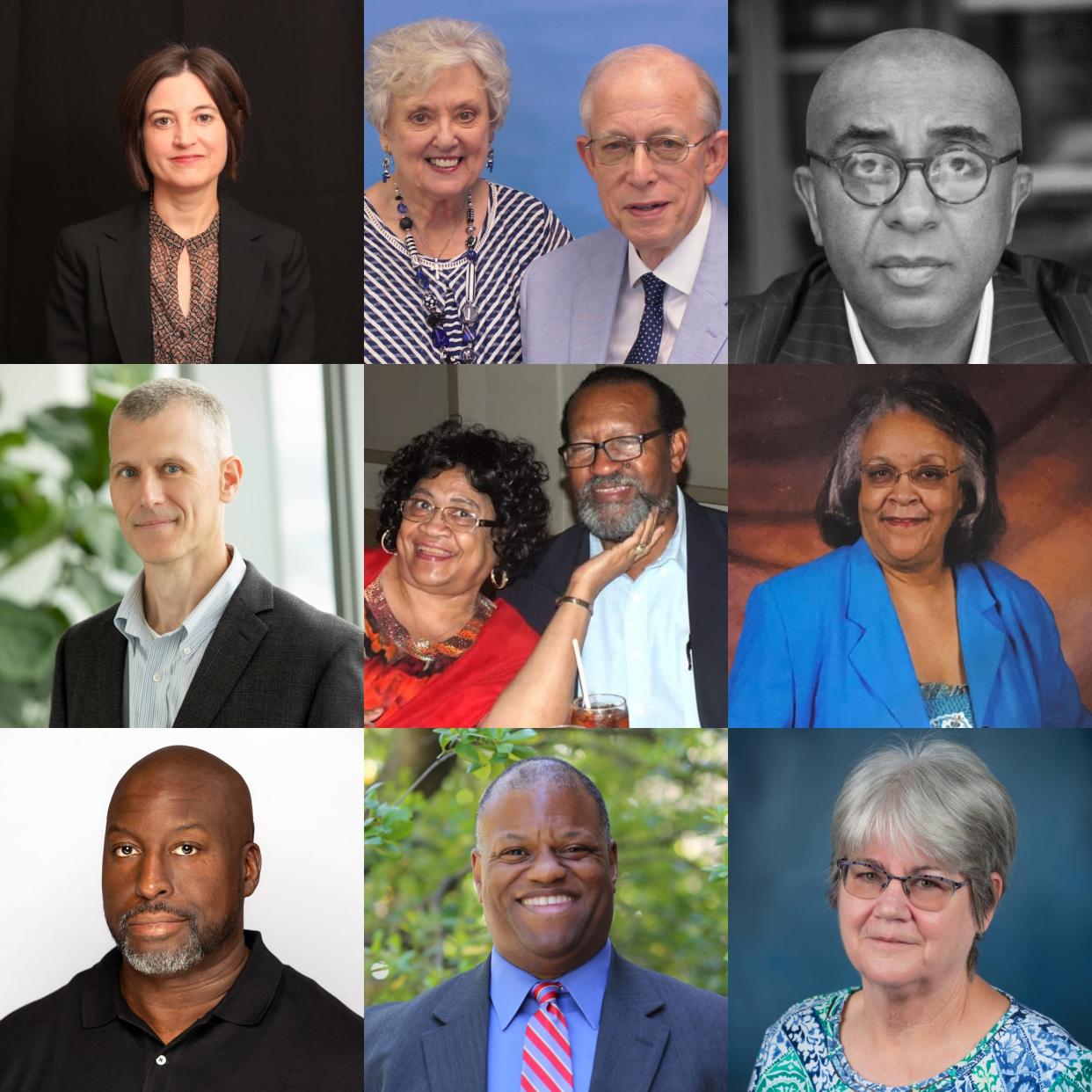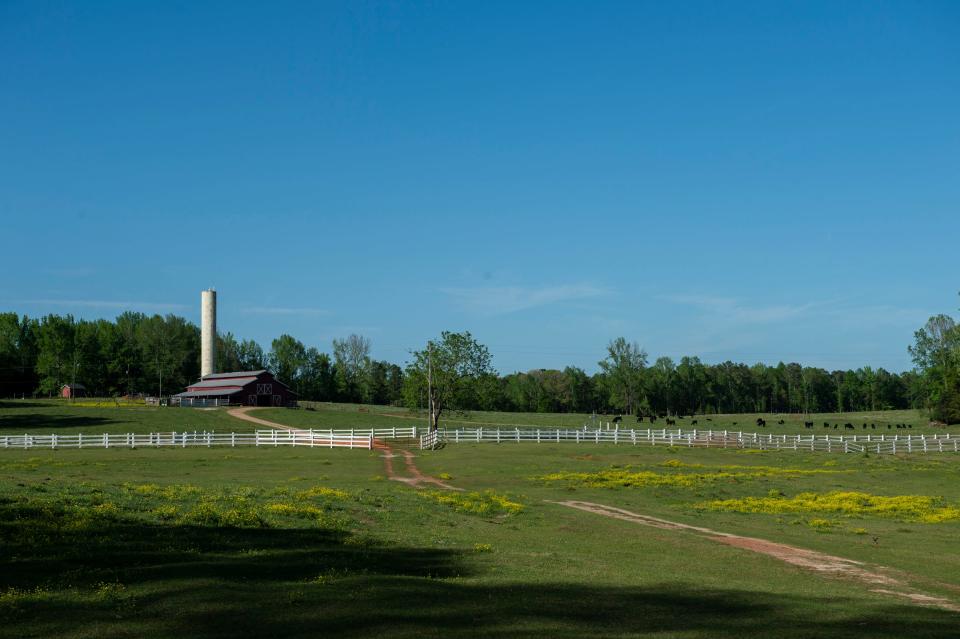'Newspapers are not dead' : Podcast highlights rural Alabamians fighting for their community news

Mary and Freddie Howard live in the rural town of Beatrice, Alabama, along with about 201 other people. Though there isn’t a traffic light in town, there are two community markets, several churches, an elementary school and a high school — the essentials.
The Howards moved to Beatrice over 40 years ago, and over the past several decades, they haven’t seen much change. They said the town is still “very segregated,” and even though many of the families in town have lived there for years, there are plenty of neighbors who don’t know each other.
“That’s one of the barriers I’d like to see come down,” Freddie Howard said.
And that’s why he and his wife started The Beatrice Legacy, a small community newspaper funded by the PACERS Rural Community News Network that publishes every other month. They write stories intended for the Beatrice community alone, those that may not be of interest to anyone who doesn’t have a connection to the town.
Recently, Mary Howard wrote and published a profile of a 90-year-old man who had lived in Beatrice for most of his life. She told his story to introduce him to the neighbors who didn’t know it.
“I wouldn't even use the phrase ‘rural journalism’ anymore. I've gotten away from using the J word. Because what is this? It's building goodwill. It's people who live in a place telling the stories about their own community,” Alabama Humanities Alliance director of partnerships and outcomes Laura Anderson said. “Like Mary said, it’s opening the community up to itself. That's going to really only appeal to people who live there now or people who ever did, what the PACERS Network calls the ‘community of the heart.’”
The Howards’ story is one of many that Anderson and radio podcast host Byron Williams feature in their podcast Democracy and the Informed Citizen.
The five-episode series debuted in September, and all episodes are available for listening and downloading on the Alabama Humanities Alliance website.
The podcast explores the inextricably linked connections between democracy, journalism, and an informed citizenry. With about 90% of Alabama newspapers closing their doors in the last century, Anderson and Williams beg the question: Can citizen-made community newspapers be the solution?
When AHA first received funding from the Andrew W. Mellon Foundation for the project, Anderson said the idea she had for it was totally different, though the core tenants have remained the same.
“I really had a broader idea at the beginning,” Anderson said. “It's just not what these small communities are hungry for. They're trying to find ways to get to know one another, to better know their neighbors. Spreading the news about who lives in a place and what they have to offer the community is not that complicated, but pulling it off is. It's a big deal to get these papers done.”
Across the five episodes, Anderson and Williams discuss the meaning of democracy and how community-building is a key part of that. In addition to speaking with the Howards about The Beatrice Legacy, Williams also interviews Gary and Jerrie Burton who publish The Pintlala Ledger, Jean Mosley and Cameron Brooks who published the Camp Hill Chronicle and several experts in rural issues and journalism.

“I think one of the things that stood out is this visceral desire for this nebulous thing called democracy,” Williams said. “You have what I would call these foot soldiers who may not ever make their way to the major cable news shows, but their commitment almost single-handedly to keep these publications, to keep their communities informed. They're like those flickering embers that just won't go out.”
In a conversation with University of Alabama scholar George Daniels and Auburn University scholar Nan Fairley, Williams talks about how “newspapers are not dead,” but they are evolving. Community papers like the Howards’ can become the only places that will document the lives of their neighbors on a regular basis, from birth announcements to obituaries of the community members who keep the town alive.
“Maybe the question isn’t: ‘Are community newspapers still worth publishing?’” Daniels said. “Maybe the question is: ‘Can we sustain a functioning democracy without community-minded journalism?’”
Since the podcast was released, The Beatrice Legacy has become more widely circulated in town. The local garden club, which is made up of only white members, learned about a community garden run by the high school through the paper. Now, the two groups work together.
Seeing their impact little by little, Anderson said the Howards are “over the moon.”
Hadley Hitson covers the rural South for the Montgomery Advertiser and Report for America. She can be reached at hhitson@gannett.com. To support her work, subscribe to the Advertiser or donate to Report for America.
This article originally appeared on Montgomery Advertiser: Democracy and the Informed Citizen podcast centers on rural Alabama news

